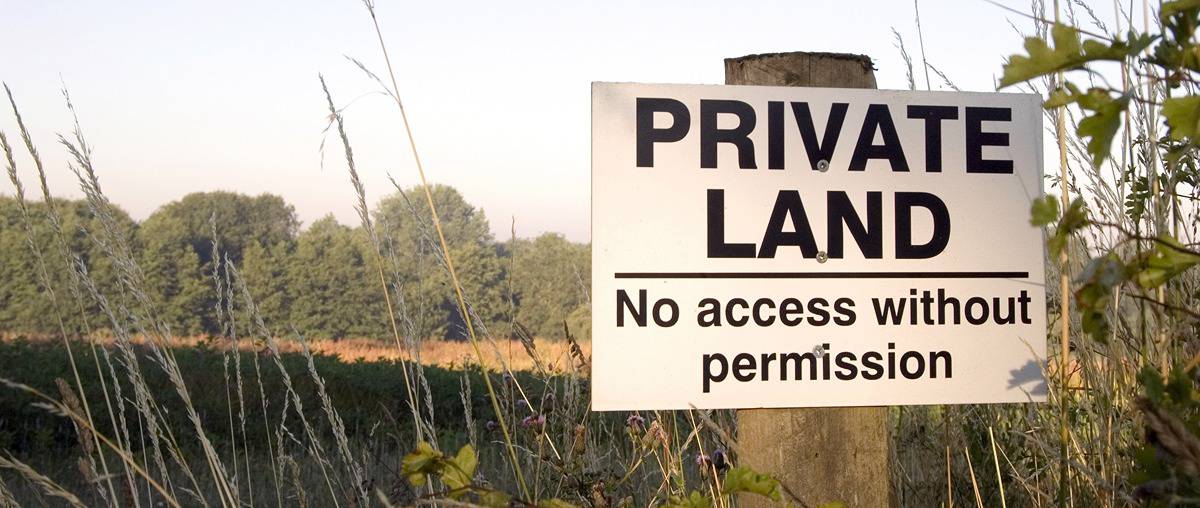
Ensuring Cybersecurity: The Role of Access Limitations
Restricted Access: A Necessary Measure
The reality of the modern digital world is that sometimes access to certain online resources or services must be restricted, either temporarily or on a more permanent basis. This could happen to anyone, at any given time, even when accessing trusted platforms. An example saw many users experiencing restricted access to a mainstream site, with a HTTP response code 503 indicating their access was limited by the site owner.
Several checks and configurations have been set in place by web administrators around the globe to protect their sites against potential hackers and malicious activities. The instance of restricted access aims at ensuring users’ data privacy and maintaining the integrity of the site. If you find yourself in a situation where your access to a service has been limited, there is typically a legitimate reason tied to security behind the curtain.
Understanding Access Errors and Limitations
If you believe your access has been erroneously blocked, it is advised to get in touch with the website owner for assistance. This can usually be a straightforward process, and it’s commonly a case of clarification rather than dispute. It is important to remember that restrictions are not always triggered by user behaviour – they could just as easily be a result of an automated process.
Users with administrative rights, such as those using WordPress, are usually entitled to regain access easily. By providing your registered email address and following the automated verification process, access can typically be restored. The process ensures that rightful administrators can maintain their executive control over their sites.
Integrating Security Plugins: The Wordfence Example
In light of increasing security threats, many site owners employ extra security measures like the Wordfence plugin, currently installed on over 5 million WordPress sites globally. The administration employs this tool to control and manage access permissions to their respective platforms, fortifying the cybersecurity framework.
A Closer Look: Wordfence for WordPress Security
The Wordfence plugin offers a variety of blocking tools to protect the site from potential threats. By actively monitoring and blocking IP addresses that pose a risk, Wordfence provides a crucial line of defense against hackers attempting to compromise the integrity of the platform.
Furthermore, Wordfence offers comprehensive instructions and documentation for interested users, providing enlightening resources and insights into how the plugin works and how users can benefit from it. Knowledge about these tools is valuable not only for site administrators who wish to ensure full security for their site but also for everyday users who wish to learn more about their own online safety.
The Future of Online Security
While momentary access limitations may seem like an inconvenience, they represent an essential mechanism in the constant battle for cybersecurity. Moving forward, the integration of plugins like Wordfence and others that serve similar purposes will become an indispensable part of the digital world. Maintaining online safety requires us all to embrace these changes and take necessary steps to better understand our digital environment.
Final Thoughts
Access limitations and blockchain integrations are becoming increasingly prevalent in our digital world. Although they might be inconvenient or confusing at times, they play a crucial role in maintaining the security and privacy of our online activities. In order to secure a safer digital future for everyone, it is up to us – both users and administrators – to understand, utilize and respect these systems.
Originally Post From https://arjashahlaw.com/blog/dui-charges-on-own-property-arizona/
Read more about this topic at
Account access temporarily restricted due to a security check
Regarding Rise of Unauthorized Access and Password …

